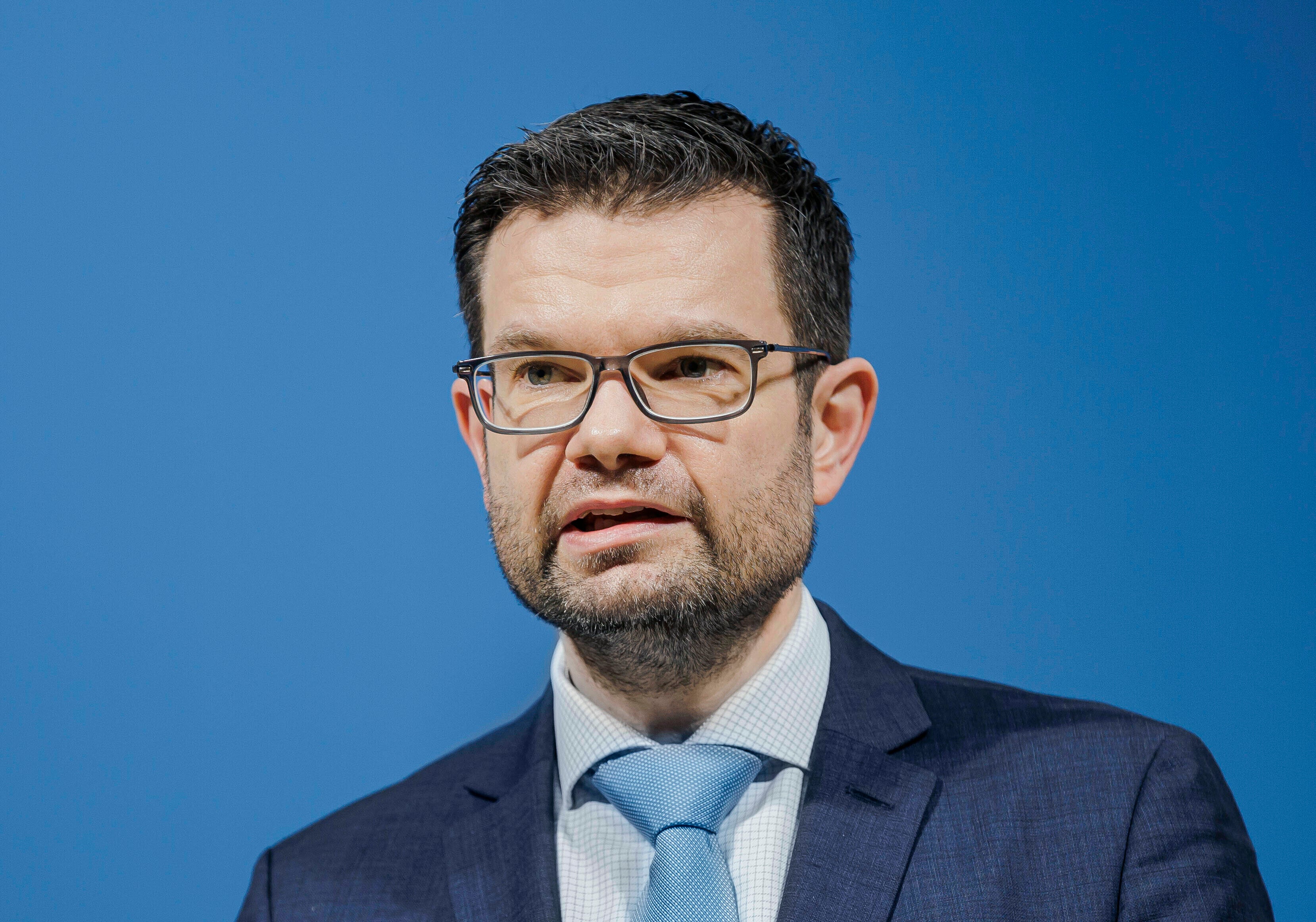Germany ending 'untenable' ban on advertising abortions
Germany’s justice minister has launched a drive to remove from the country’s criminal code a ban on doctors “advertising” abortion services, a provision that he says is untenable

Your support helps us to tell the story
From reproductive rights to climate change to Big Tech, The Independent is on the ground when the story is developing. Whether it's investigating the financials of Elon Musk's pro-Trump PAC or producing our latest documentary, 'The A Word', which shines a light on the American women fighting for reproductive rights, we know how important it is to parse out the facts from the messaging.
At such a critical moment in US history, we need reporters on the ground. Your donation allows us to keep sending journalists to speak to both sides of the story.
The Independent is trusted by Americans across the entire political spectrum. And unlike many other quality news outlets, we choose not to lock Americans out of our reporting and analysis with paywalls. We believe quality journalism should be available to everyone, paid for by those who can afford it.
Your support makes all the difference.Germany s justice minister on Monday launched a drive to remove from the country's criminal code a ban on doctors “advertising” abortion services, a provision that he said is untenable.
The move is the first of several liberal social policies planned by Chancellor Olaf Scholz s governing coalition, which took office last month.
Former Chancellor Angela Merkel s center-right party, now in opposition, had defended the criminal code's paragraph 219a, that bans advertising abortions. It carries a fine or prison sentence of up to two years.
Under a compromise in 2019, Merkel’s government left the ban formally in place but allowed doctors and hospitals for the first time to say on their websites that they perform abortions. They were not, however, allowed to give more detailed information.
“We want to end an untenable legal situation,” Justice Minister Marco Buschmann said, announcing that he had drawn up legislation to scrap the paragraph. “The current legal situation is that doctors who give factual information about their work, and for example give information on the methods they use to carry out terminations, have to expect criminal investigations and convictions.”
“It can't be the case that everyone can put everything about these issues on the internet, but the people who are particularly qualified can't,” Buschmann said. He added that there was no reason to fear “objectionable” advertising because other legal provisions and doctors' professional code rule that out.
Buschmann said the move doesn't mean any change to the law on abortion itself. In Germany, it is allowed within the first 12 weeks of pregnancy and women seeking an abortion must undergo counseling three days before the procedure is carried out.
The government hasn't yet said when it will tackle other reforms that Scholz's coalition of three socially liberal parties — his own center-left Social Democrats the environmentalist Greens and Buschmann's pro-business Free Democrats — has committed itself to carrying out.
Those include legalizing the sale of cannabis for recreational purposes, easing the path to German citizenship and lifting restrictions on dual citizenship.
The government also wants to scrap 40-year-old legislation that requires transsexual people to get a psychological assessment and a court decision before officially changing gender, a process that often involves intimate questions. It is to be replaced with a new “self-determination law.”
It plans to introduce a new form of legal partnership that would allow people not in a romantic relationship, such as two single parents who want to help each other out or elderly people who want to live together, to take legal responsibility for each other. And it hopes to reduce the age for voting in national and European parliamentary elections to 16 from 18.